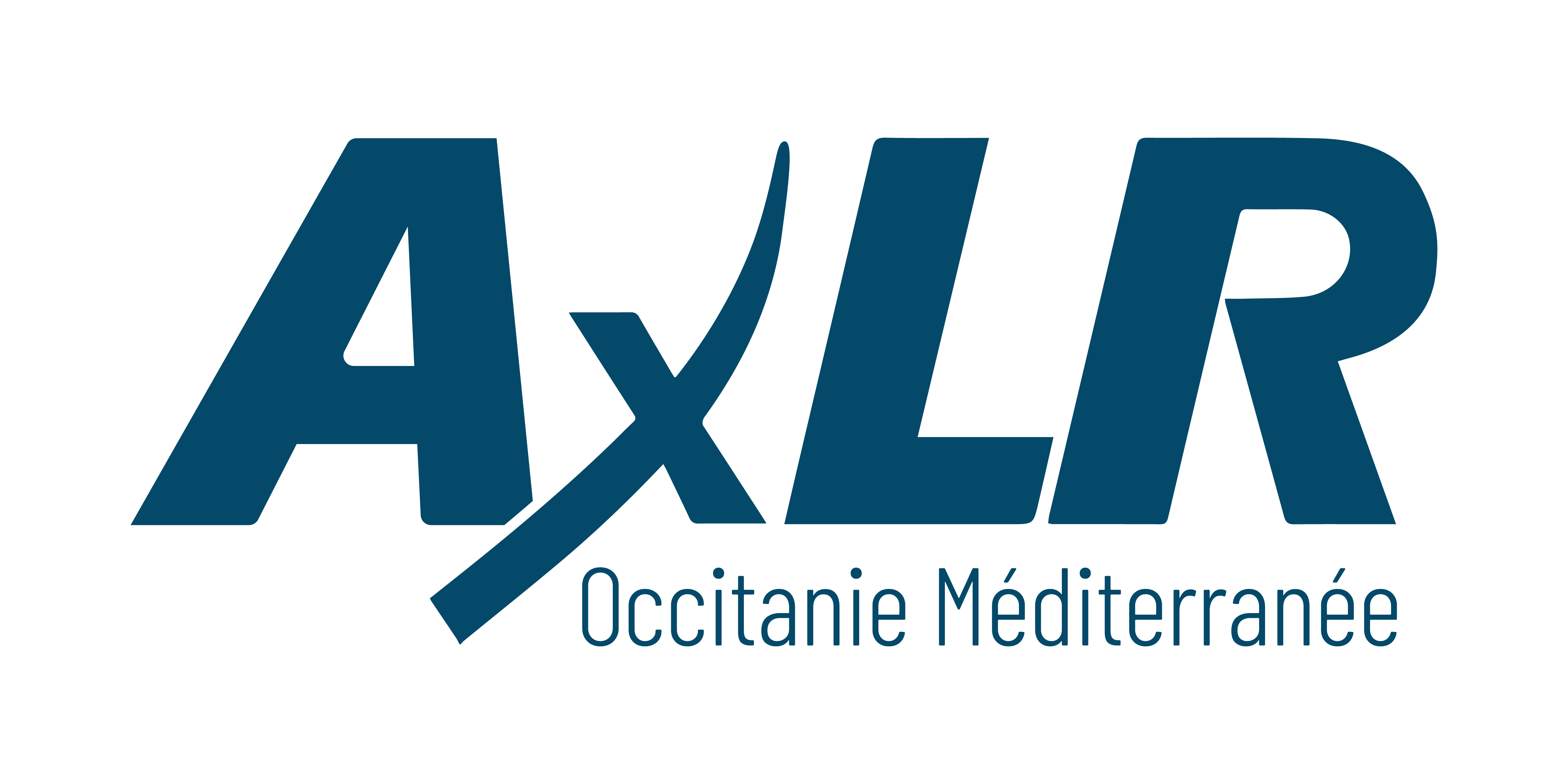P42
Development of P42 peptide, orphan drug for Huntington's disease
Context
Huntington’s disease is a genetic and hereditary neurodegenerative disease that results mainly in a profound and severe alteration of a patient’s physical and intellectual abilities, such as abnormal movement and behavioral disorders. When the gene coding for the huntingtin protein (HTT) presents an abnormally large repetition of the CAG (cytosine-adenine-guanine) triplet, the mutated protein possesses an expansion of polyQ (poly-glutamine) in its N-terminal part. When this domain exceeds 35Q, the mutated polyQ-Htt (mHtt) forms accumulations and a deterioration of striatum neurons is observedBenefits
Huntington’s is a rare orphan disease for which there is currently no effective treatment that is acceptable for patients. This project seeks to bring out an efficient new first-in-class drug to treat Huntington's disease: peptide P42. P42 has demonstrated its efficacy both in vitro and in vivo with animal models; it presents an original and unique action mechanism; and it has earned the status of “Orphan Drug.” One of the other benefits of this project is to be able to obtain a new efficacy biomarkers (for preclinical and clinical applications), which is a need that has also been identified clearly by doctors, particularly during clinical trial phases.Applications
Primary: Huntington’s disease Secondary: other neurodegenerative diseases and depression (leveraging the neuro-protective activity of P42)AVAILABLE TECHNOLOGY I Peptide – Huntington


